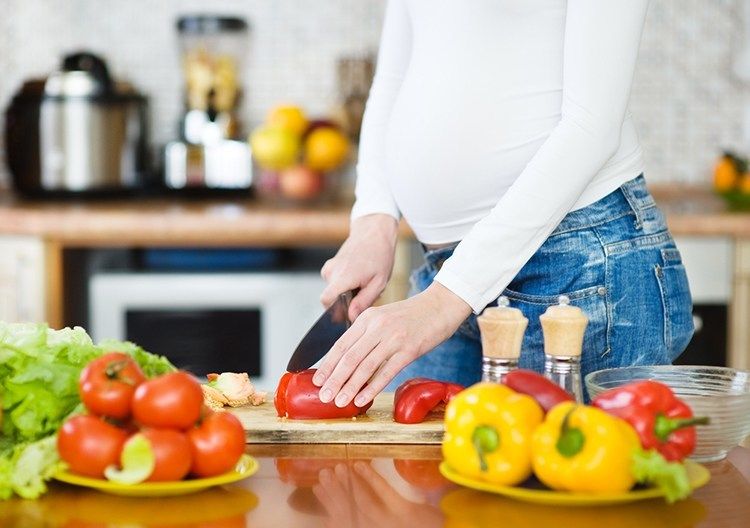
Pregnancy brings about significant dietary adjustments, from well-known restrictions like avoiding alcohol and raw fish to understanding the full scope of foods that should be avoided and why. It’s not about eating double the amount, but rather focusing on the quality of food you consume during these nine months. Here, we’ll guide you through the essentials of what to eat and what to avoid during pregnancy, shedding light on the reasons behind these recommendations.
Nutritious Foods to Include in Your Pregnancy Diet
Rather than adhering to a strict menu, aim for a diet rich in key nutrients that support a healthy pregnancy. Often, a mix of food and supplements is recommended to meet your nutritional needs. Essential nutrients include:
- Folate and Folic Acid: Vital for preventing neural tube defects, aim for about 600 micrograms daily, achievable through fortified foods and supplements.
- Iron: Supports increased blood volume with a daily need of about 27 milligrams, found in meats, vegetables, and prenatal vitamins.
- Calcium: Crucial for developing your baby’s bones, with a recommended intake of 1000 milligrams per day from dairy or fortified alternatives.
- Vitamin D: Aids in bone health with a daily requirement of 600 IUs, available through fortified foods and natural sources like fatty fish.
- Protein: Provides energy and supports growth, with diverse sources including meat, beans, and nuts.
- Water: Essential for forming amniotic fluid, with a recommended daily intake of 8-12 cups.
Herbs and Supplements During Pregnancy
Achieving the right balance of nutrients solely from food can be challenging. Your healthcare provider may recommend prenatal vitamins or specific supplements to fill nutritional gaps, ensuring you and your baby receive the necessary vitamins and minerals.
Foods and Substances to Avoid During Pregnancy
Certain foods carry risks due to potential bacterial or viral contamination, while others may contain harmful substances. To safeguard your health and that of your baby, avoid:
- Raw or undercooked seafood and meats, which can harbor harmful pathogens.
- Unpasteurized products and unwashed produce, which might contain bacteria.
- High-mercury fish, as mercury can impact fetal development.
- Alcohol and excessive caffeine, which pose risks to your baby’s health.
Dietary Adjustments Based on Pregnancy Needs
While the saying goes you’re “eating for two,” the focus should be on nutrient quality rather than quantity. The American College of Obstetricians and Gynecologists suggests an additional 340 calories per day during the second trimester, with a slight increase in the third. These additional calories support your body’s changes and your baby’s growth.
Managing Cravings and Morning Sickness
Cravings are a real part of pregnancy, and occasional indulgences are fine, provided they don’t come from the list of foods to avoid. For morning sickness, focus on bland, easy-to-digest foods like bananas, rice, and crackers until you feel better.
Navigating pregnancy nutrition is about balancing what’s best for you and your baby, understanding dietary dos and don’ts, and making informed choices to support a healthy pregnancy.
